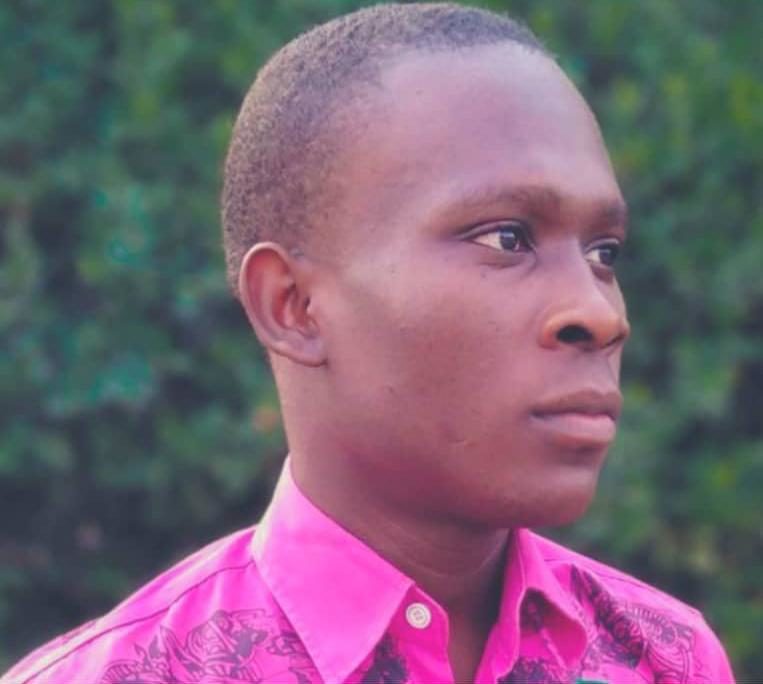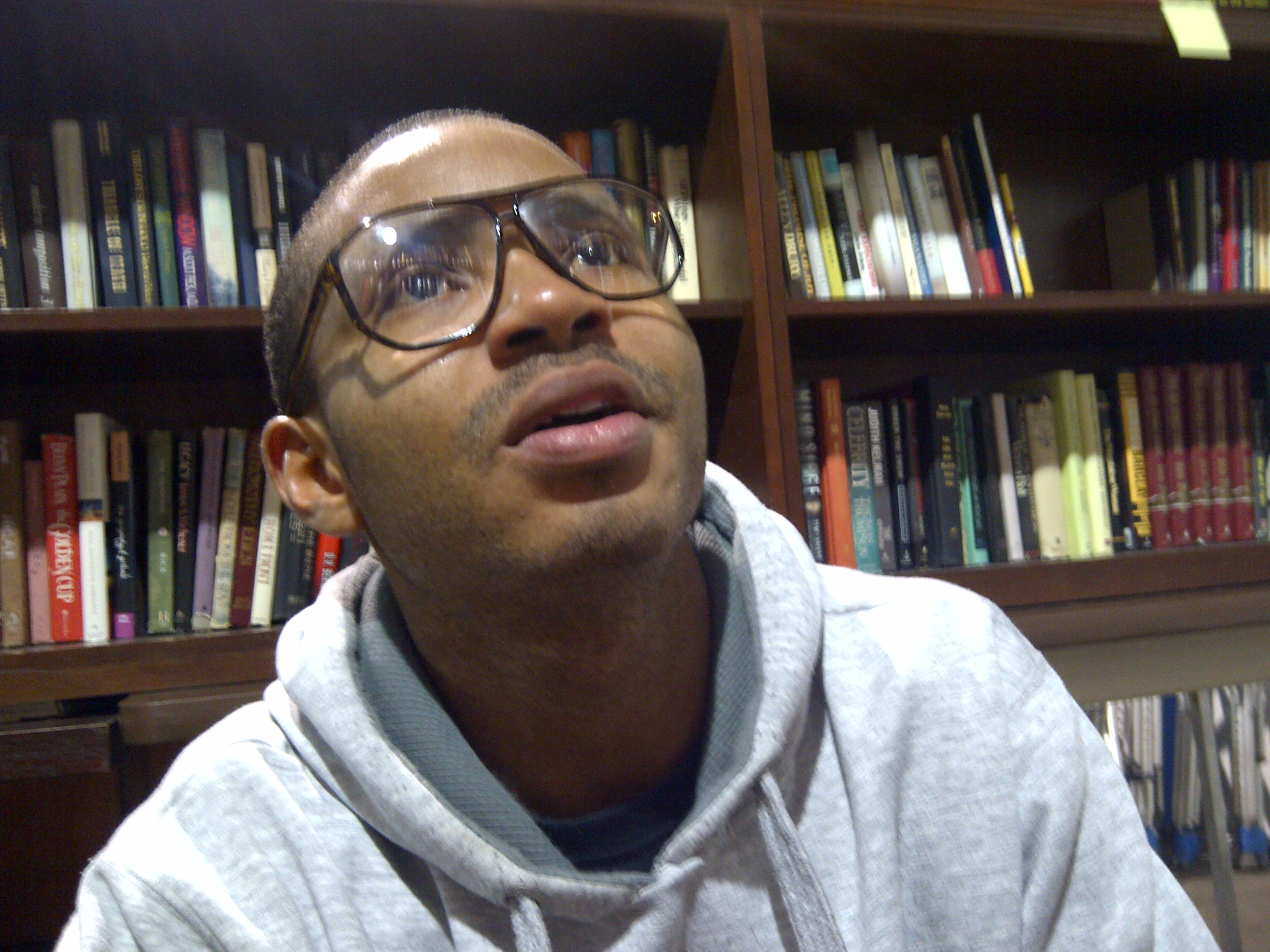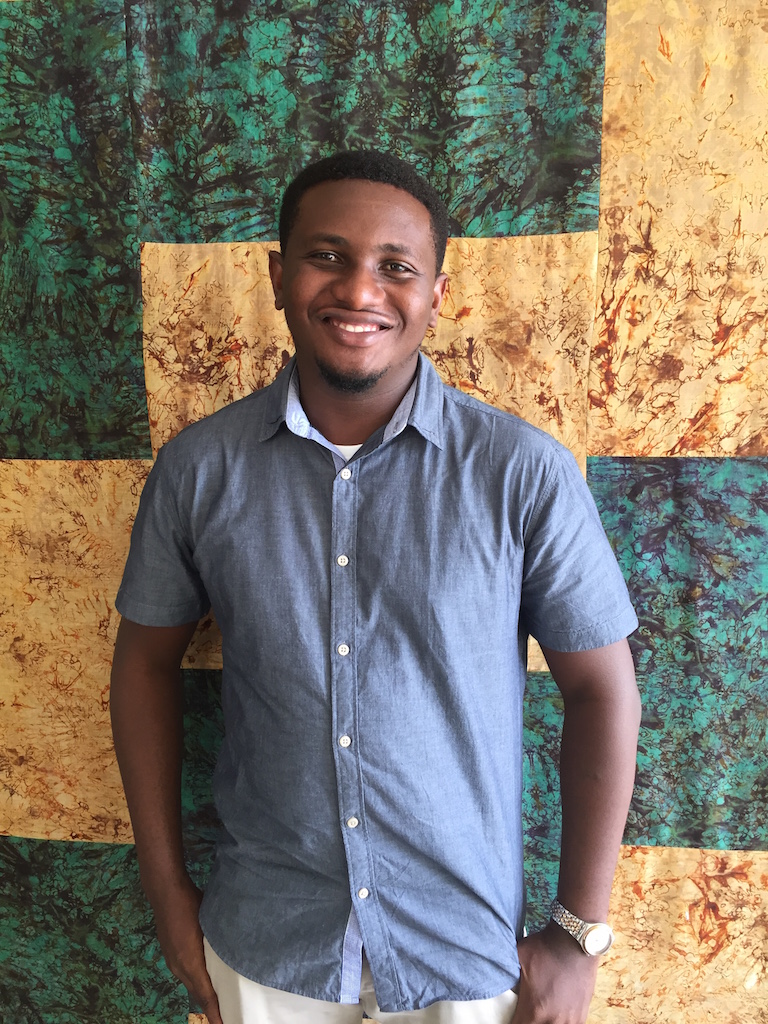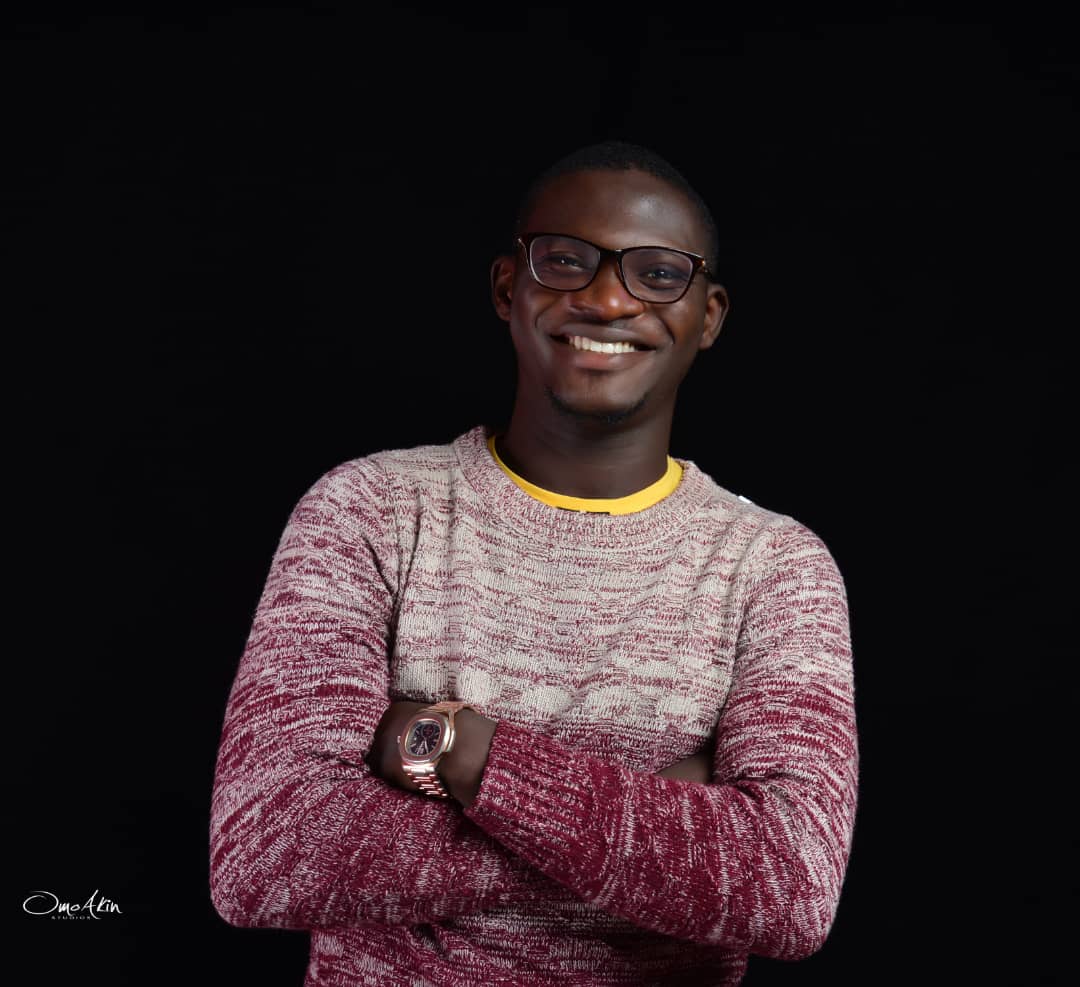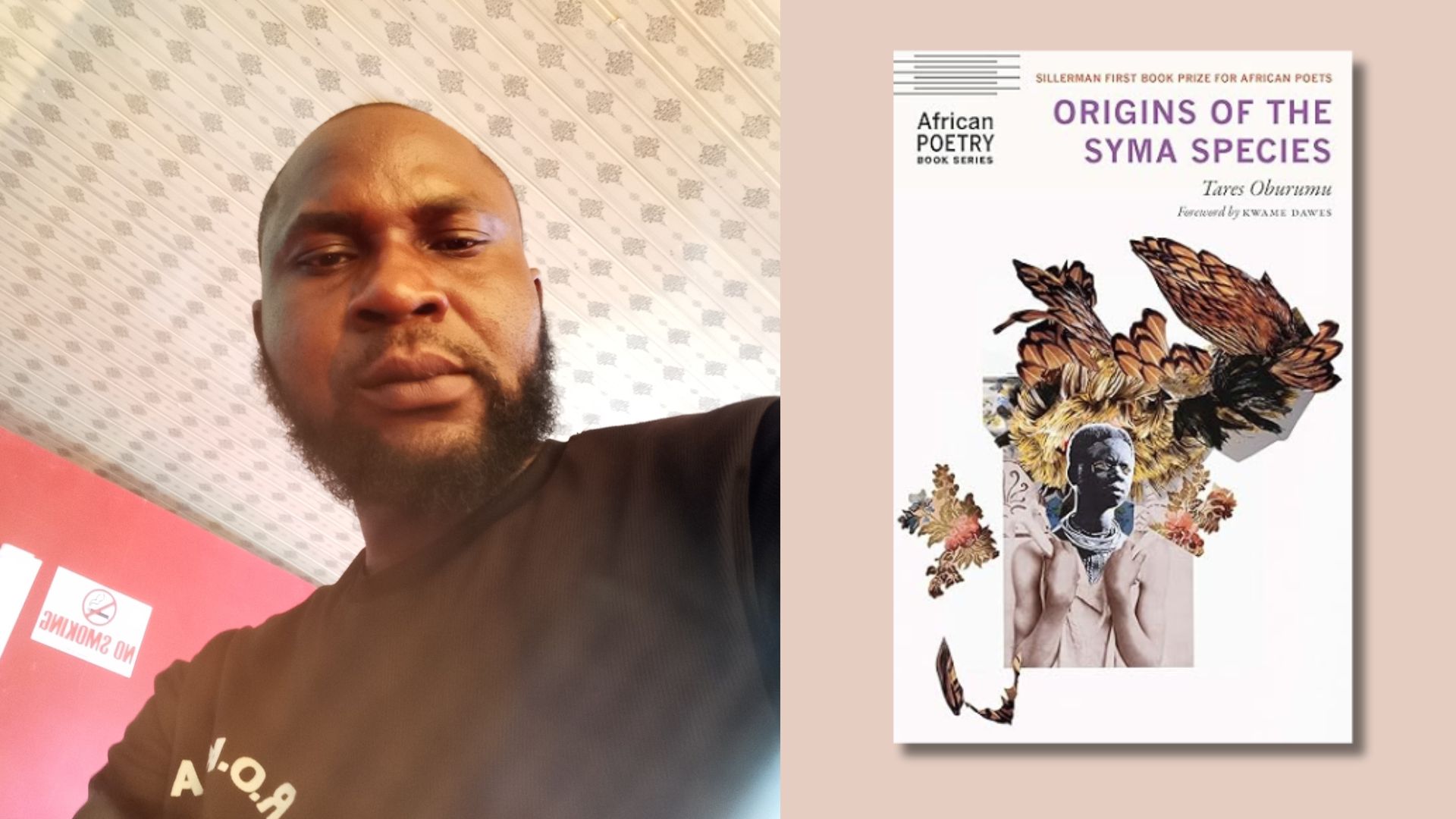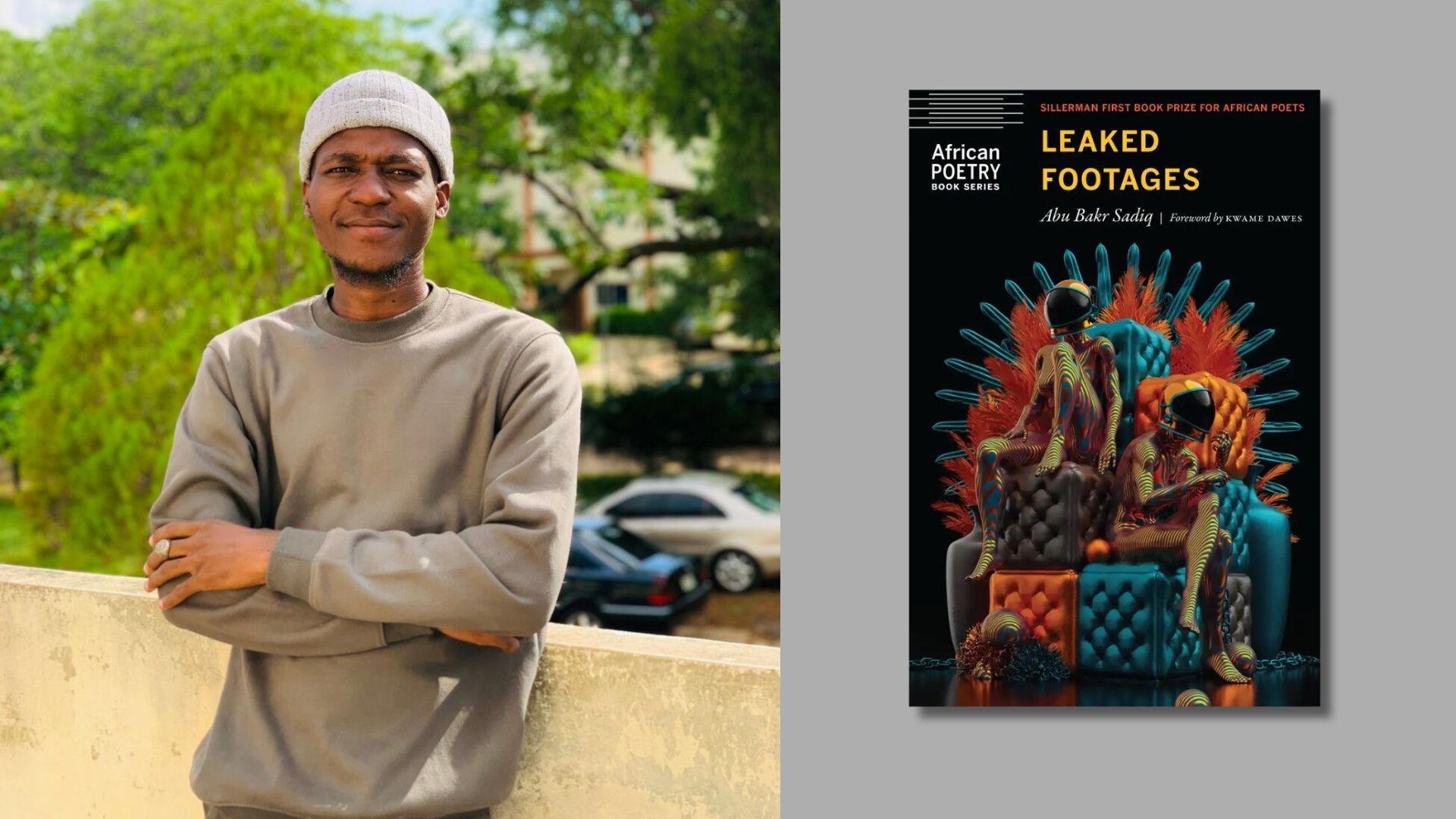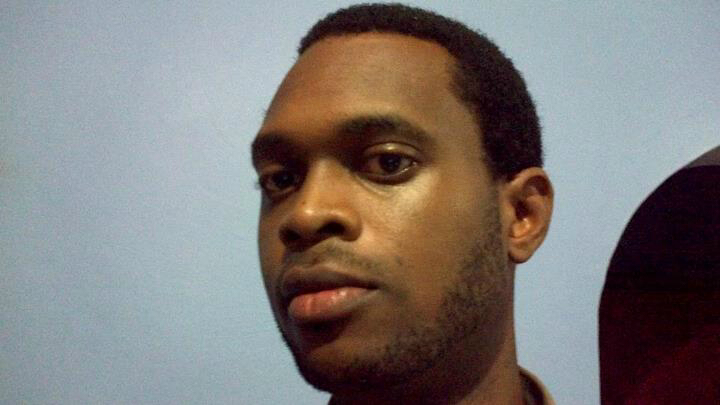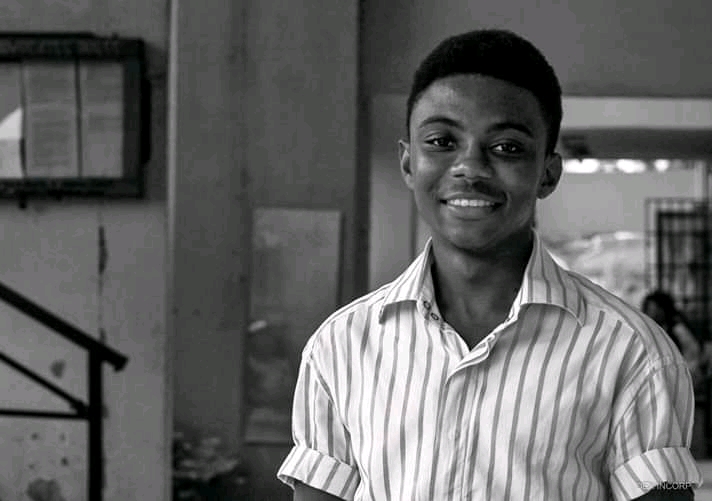Having known Pamilerin Jacob for nearly two years now, I must admit that he has not lost a day in dishing out valuable lines in his poetry and other writings. A mental-health enthusiast who doubles as a relentless listener of Frank Ocean, soliciting for this interview coupled with the reception, has been a thrilling experience for me. Pamilerin for years now, has written with the sensibility of a monk, the magic of a zephyr, and it was only a matter of time before him and I would discuss craft matters, inspiration, and the pursuit of happiness in the life of a writer.
Interviewer: Michael Akuchie
Interviewee: Pamilerin Jacob
Michael:
One of your lines in the poem, “What An Inspiration—The Moon!” reads, “I am in the business of interrogating light”. That’s a line that’s destined to yield questions so here’s my own: What was the process like in generating the line?
Pamilerin:
Well, while writing, I like a lot to do away with conventional know-hows. That line seems to be a result of that technique. Not going to pretend like I KNEW what was happening when the line was being written. I was, at best, letting the language guide me. For me though, that seems to be the best part. After penning it, I realized what the subconscious was reaching at: I really am in the business of interrogating light (or anything of like posture). The human impulse is to reach towards light, which is natural, but often dangerous. Reminiscent of something Paul said once, about the devil masquerading as an angel of Light. It’s an archetypal problem that cuts through us all. It is why a white woman can pose as a medical doctor, cause hundreds of deaths in Uganda, & still get a personal documentary. We crave light, we thirst after it, & certain people with a messianic complex are willing to take advantage of that. Hence, the interrogation of all things sparkly.
Michael:
Your poems, known for their interrogative nature, delve into the universe of mental illness, grief, depression and bouts of anxiety. Is this motivated by a personal experience or you’re moved entirely by something else?
Pamilerin:
It’s a mixture of both. Having lived through a number of hospitalizations, encountered various types of health workers, & fellowshipped with co-warriors in this battle for our minds, it is unsurprising to find my poems taking that shape.
Michael:
“Gospel of Depression”, your chapbook released in 2018, has never left the shelves of my mind. Often, I return to it, to retrieve a bit of experience and I must offer my awe at how beautiful it is. Now, what was the writing process? Did it take you a vast amount of time to even conjure up the concept?
Pamilerin:
Thank you!
Let me be upfront with you though, it took a month of rigorous writing (I wouldn’t advise anyone take that approach, my circumstances simply led to that). I was in the hospital, & had just gotten wind of PIN’s submission guidelines. At that point, I wanted a body of work that interrogated mental illness (depression, especially) from a religious POV. I’d been working on a previous manuscript, Infidel, which did not feel quite right. I wanted poems that felt like a stern pat on the back, a spiritual rebuke, poems that said, I see you, I love you, but I see through your hypocrisy. Basically, poems full of chastisement not antagonism.
So, daily, after taking my meds, I’d sit before the laptop & write until exhaustion kicked in. I drafted out the titles first, then picked bible verses. There was a lot of experimentation involved. I also happened to be reading Danez Smith, Romeo Oriogun, Chris Abani, Donte Collins in that period.
Then, there’s the picture that appears in the middle of the whole chapbook. I must confess that that is my favourite part of the project. I had to take permission from the hospital for some hours to go shoot.

Michael:
Reading your poems, I cannot help but note a strong sense of intellectualism. Your biography published on literary magazines state that you’re a fan of Khalil Gibran, so yes, Khalil has been a major influence?
Pamilerin:
Ha! Yes. Khalil. I encountered Khalil’s work in 2016, when I was knee-deep in quagmire. I’ve said it before in other interviews, & I’ll reiterate here: his work altered me. I experienced a shift, transcendental. Apart from the solace his work granted me, he aroused questions in me I hadn’t ever bothered asking. His work led me towards universalism. I’d never seriously considered the religious differences amongst people until I encountered the lines, “I love you, my brother, whoever you are – whether you worship in a church, kneel in your temple, or pray in your mosque. You and I are children of one faith, for the diverse paths of religion are fingers of the loving hand of the one supreme being, a hand extended to all…”
Of course, this doesn’t mean that I had no clue about the thousands of religions existing, but that I hadn’t fully woken up to the real contempt that existed among them. That fathers could disown daughters for leaving the family religion, I’d never really given it much thought. Think also, of the grief that befalls interreligious families upon death: if dad is Christian & mum is Muslim, whose heaven do they go when they die? What consolation for the children? Either these things are of little consequence, mere tags inherited, antiquated, or they are truly pure horror seared into our collective psyches.
This led me down a spiritual rabbit hole: I read up, investigated, studied apologetics, comparative religion, even wrote a collection of poems (after the fashion of Sanai’s The Walled Garden of Truth) which I’ll never publish, fell in love with Thich Nhat Hanh’s teachings, but it all started with Khalil’s words, “I love you… whoever you are…”
That sentence, revolutionary, for me.
Michael:
Your essay on EroGospel, “The Kissing Treatise”, a profound work has been bookmarked on my browser even before this interview. It opens with, “Perhaps to you, a kiss is a shapeless thing; wet coalition for the exorcism of loneliness.” I have been curious about the meaning of that very line, a stunning essay opener, but an all-time mystery to me. What did you want your readers, including me of course, to take home from that?
Pamilerin:
Oh, I know better than to interject my silly opinions into the myriad interpretations out there. What do I want the readers to take home from that? Wonder, unstifled awe.
In Rilke’s words, “Live the questions for now. Perhaps then you will gradually, without noticing it, live your way into the answer.”
Michael:
Is a kiss, whether extended or brief, orgasmic? Is there a certainty of release, perhaps tension or even sadness?
You know, I read this research once on PsychologyToday that suggested something similar. How kisses help prolong the lifespan of affection. So yes, I suppose that is true in a sense. Upon a kiss, the brain steps, not only into ecstasy, but consolation. However, life is hardly singular—the water that drowns is the water that quenches thirst. The efficacy of a kiss, its solemnity, at some point all ball down to the kissers. No one feels release when an abuser kisses them, only bondage.
Michael:
The previous question leads to me the subject of love of which you are definitely not a stranger to. A love poem of yours, a short offering, was published by Nigerian newspaper, The Guardian. How often do you romanticize with the concept of love and what’s your sentence length definition of it?
Pamilerin:
For me, love is a softening. Love is God.
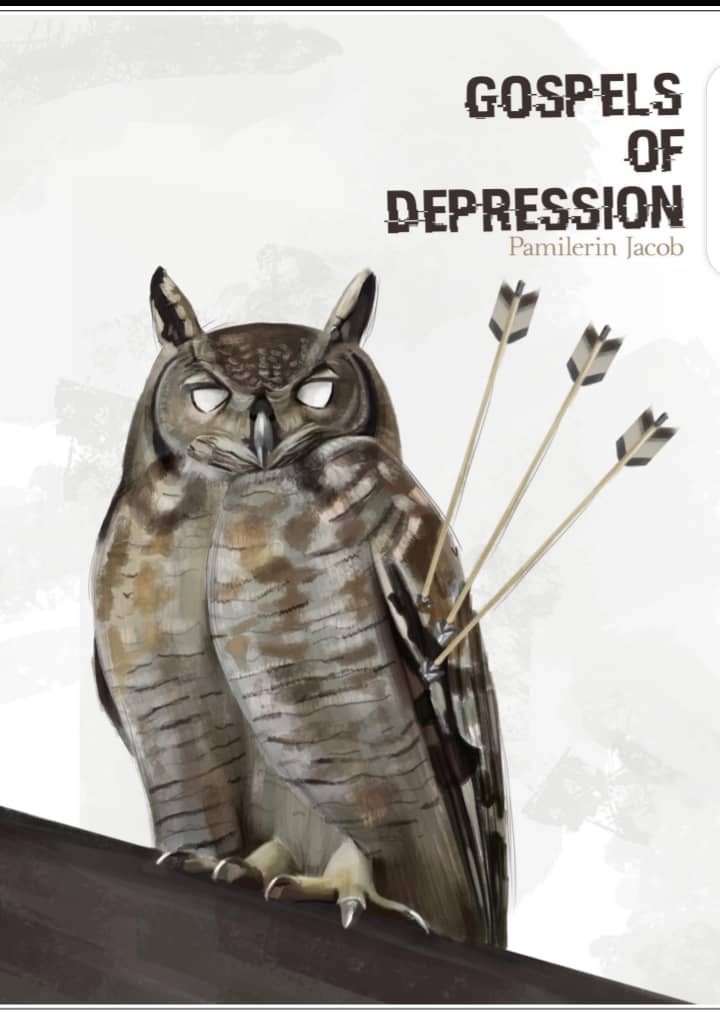
Michael:
In your poem, “Meditation on Writing“, you say, “A cloud is a cloud. &
the water in my cup possesses
no ancient history.” Brilliant line, no doubt. What did it mean for you to put line out there? Who or What’s behind it? The inspiration is what I’m concerned about.
Pamilerin:
Ha-ha… here’s the thing, my writing process usually involves a lot of connection making between objects or ideas. The Buddhist concept of interbeing & non-self thoroughly elucidates this—nothing is made of everything, & everything is made of nothing. I suppose this is the same for every poet. I think of a knife, & a neck appears alongside. I think of a flower, & the gardener appears, his wife, children too. But that day, I felt no such thing. In my cognitive space, the cloud was no part of the water cycle, the water in my cup was simply water in my cup. No origins, no connections. Totally excruciating, it felt as though I had lost my sense of miracle. So I did what every silly poet does, write about the absence of miracles as a form of miracle.
Michael:
Have you got craft advice for us? Some sprinkling of wisdom… he-he?
We are all going to die. Write, while you can. Also, exhaustion is normal. You’re a poet, not a god.
Pamilerin:
On editing, what are your personalized guidelines? What are the things emerging writers should look out for while editing their work?
I for one, think the most important part of the editing process is the fallow period. Putting the work down for a while, & coming back to it with new eyes. While working on a poem, it’s best to realize early on that the initial bulk of the work may belong to what The Poet’s Companion calls “throat-clearing.” See, we’re not perfect. Quantity is tempting, I get it. But quality is equally important. I’d rather write one great poem, than ten average error-ridden lacklustre pieces. And I say this now because, I too, have done that which every poet has done at least once: Write a poem today, & submit tomorrow, because of a deadline.
In the long run, that’s unhealthy. Productivity porn does little to advance your skill set. Take your time with the work. I understand that deadlines put us on edge as writers. For cushion, I am learning to work on poems way before they’re due. Find a process that genuinely works for you, then stick to it.
Michael:
It’s been posited that rejection and acceptance mails are not major validators of one’s craft but by-products, that the creation process itself should be one’s source of joy. What’s your take on that?
Pamilerin:
Life is neither black nor white. Acceptance mails validate writers. The creation process validates writers. Rejection mails help to build character, teach patience. All these things have their place in the order of things. What we should strive for is a non-toxic writing sphere, where godfatherism is not the basis of literary breakthrough.
Michael:
Music on or off while writing?
Pamilerin:
Depends entirely on my mood. Sometimes, all I want is the quiet of creaking doors, & cooing pigeons congregating atop the roof. Other times, Chopin will do.
Michael:
Song recommendation(s) for the emerging and established writer?
Pamilerin:
Hehehe… everything Chopin created. Some other fascinating sounds include:
Clair de Lune [Debussy], Angst [Jorge Mendez], Una Mattina [Ludovico Einaudi], River Flows in You [Yiruma], Artlessness [Dyathon], Human [Sevdaliza], Cocaine Jesus [Rainbow Kitten Surprise], Oceans [Hillsong United], Aye Nreti Eleya Mi o [King Sunny Ade], Fly Me to The Moon [Renee Dominique’s version], Jealous [Fireboy], Put Your Head On My Shoulder [Paul Anka], Simply Beautiful [Al Green], Up to Something [Mayorkun], Sweet Life [Frank Ocean], Mary Magdalene [FKA twigs], Things Are Looking Up [Fred Astaire], Storm [Antonio Vivaldi], Only You [Ric Hassani], The Very Thought of You [Al Bowlly], What If God Was One Of Us [Joan Osborne].
About Pamilerin:
Pamilerin Jacob is a Nigerian poet whose poems have appeared in Barren Magazine, Agbowó, Poetry Potion, Ghost City Press, Elsieisy, Rattle & elsewhere. He was the second runner-up for Sevhage Poetry Prize 2019, co-winner PIN Food Poetry Contest 2018. His poems also appear in Memento: An Anthology of Contemporary Nigerian Poets, 2020. Author of the chapbook, Gospels of Depression; he is a staunch believer in the powers of critical thinking, Khalil Gibran’s poetry & chocolate ice-cream. Reach him on Twitter @pamilerinjacob.
About Michael:
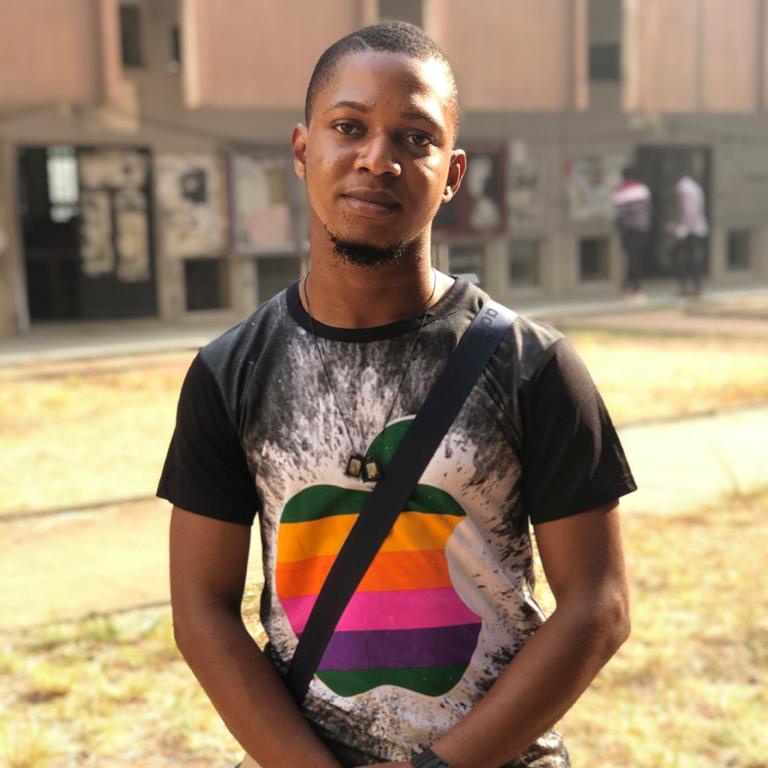
Michael Akuchie, Igbo-Esan-born poet, has had poems appear/are forthcoming in Little Death Lit Dovecote, Anomaly, Mineral Lit Mag, Memento: An Anthology of Contemporary Nigerian Poetry, The Mantle, Inverse Journal, Glass, The Roadrunner Review & elsewhere. His chapbook manuscripts, “WRECK” & “HEMORRHAGE”, received honorable mentions in the longlist of Rhythm & Bones Press & Kissing Dynamite respectively. An Orison Anthology nominee and 2020 Roadrunner Poetry Prize Winner, he tweets @Michael_Akuchie. He is a final year undergrad in English & Literature at the University of Benin, Nigeria. He serves as Editorial Intern(Interviews) at Nantygreens.

